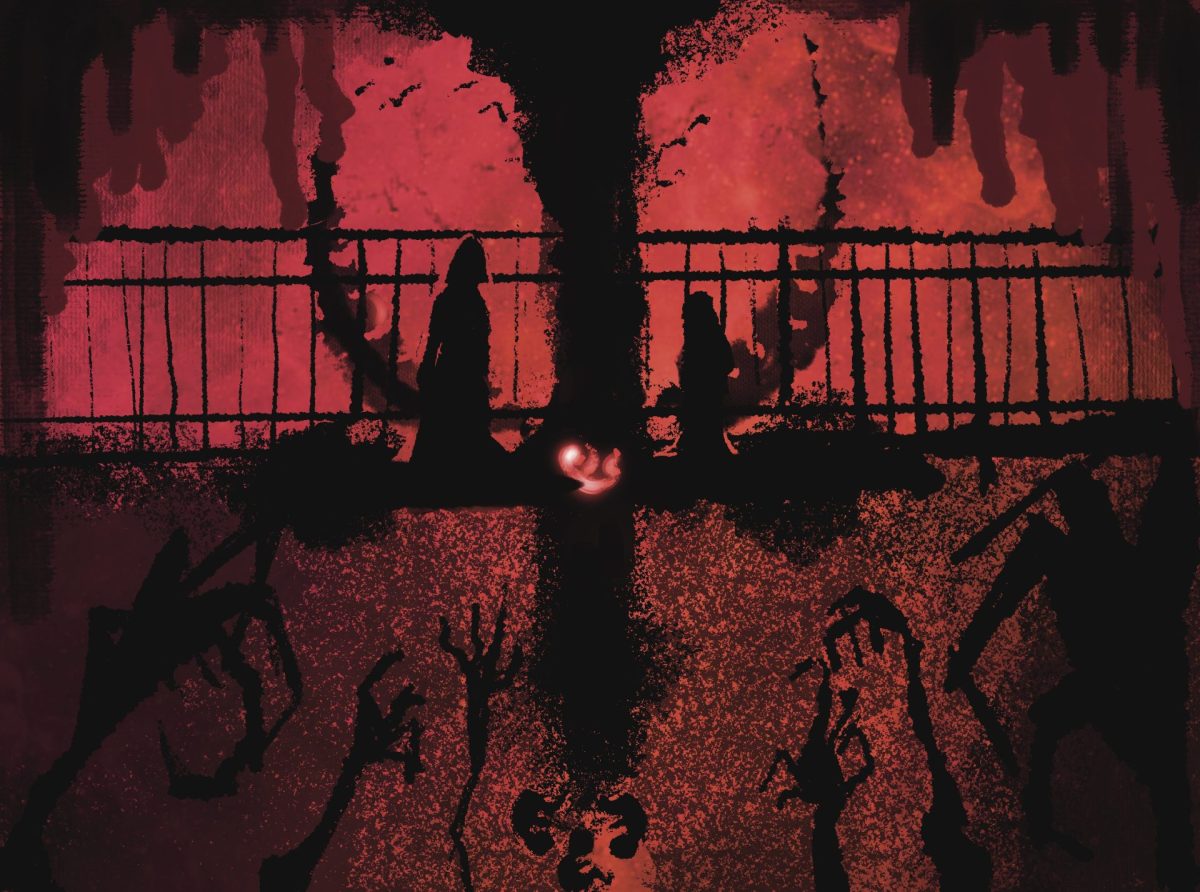Steve McQueen’s “12 Years a Slave” is an unflinching masterpiece based on Solomon Northup’s memoir as a free black man kidnapped into slavery.
With an endlessly talented cast and phenomenal cinematography by previous collaborator Sean Bobbitt, McQueen’s depiction of slavery shatters the surface historical notion of slavery and enhances it to an extremely disturbing but overall much more humanized depiction of the darkest institution in U.S. history.
Severe realism and challenging material frequent McQueen’s previous critically-acclaimed films “Shame” and “Hunger.” In McQueen’s third feature film, both of these elements are heightened tenfold. McQueen explicitly shows the harsh realities of slavery depicted in other films _ã except these realities are experienced through the firsthand narrative of a free man.
The striking contrast of Northup’s free life and his life as a slave are devastating. A striving musician with two kids, Northup’s life is promising and secure. He tucks his children into bed and hears them chuckling as he closes the door. McQueen’s hero begins the film equal to the audience, which fixates the film’s perspective on Northup’s struggle, pain and determination for freedom.
Chiwetel Ejiofor’s performance as Northup is one which will be revered for years. He achieves a heightened physicality to the bodily and emotional damage done to slaves. Yet, the physical destitution in his performance is consistently matched with his sheer tenacity in his eyes.
When confronting a distraught women who was taken away from her children, Northup passionately declares, “I don’t want to survive. I want to live.”
Not only are Northup’s experiences humanized, the white master’s are humanized as well. With the superb performance by McQueen’s extraordinary regular Michael Fassbender, the complexities of a slave owner’s psyche are explored in the incredibly cruel yet conflicted plantation owner Edwin Epps. McQueen depicts slave and master relations at a complexity never portrayed on film before. Epps sexually abuses his favorite slave Patsey, played by the remarkable new face Lupita Nyong’o.
Criticized by his wife, played by Sarah Paulson, Epps is severely conflicted with his disdain for blacks and uncontrollable lust for Patsey. Epps, as well as Northup’s first more benign master played by Benedict Cumberbatch, uses quotes from the Bible to rationalize their oppression. This combination of religious zealous and sever lust humanizes Epps but maintains the inherent evil of slavery.
With numerous moments of pure terror and sublimity supported by Hanz Zimmer’s appropriately excruciating yet gentle score, McQueen and cinematographer Steve Bobbitt forces the audience to sit and gaze at the atrocities of the past. The camera holds on to gruesome scenes with minimal cuts and searing tension.
Early in the film, Northup is hung so his feet barely touch the muddy ground. McQueen lets the scene run as the day turns to night. The extended takes in “Slave” _ã in this scene particularly _ã highlights McQueen’s refreshing ability to hold the audience’s attention while digging into the emotional and physical turmoil experienced in the past as a tangible reality.
“12 Years a Slave” is not only earning Oscar buzz; it deserves to be treated as a significant contribution to the recovering of underrepresented U.S. history.




![DePaul sophomore Greta Atilano helps a young Pretty Cool Ice Cream customer pick out an ice cream flavor on Friday, April 19, 2024. Its the perfect job for a college student,” Atilano said. “I started working here my freshman year. I always try to work for small businesses [and] putting back into the community. Of course, interacting with kids is a lot of fun too.](https://depauliaonline.com/wp-content/uploads/2024/04/ONLINE_1-IceCream-1200x800.jpg)


